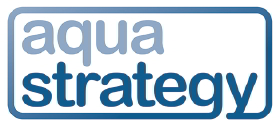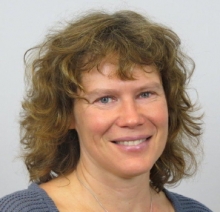- News
Issue:
The water sector economic regulator in England and Wales, Ofwat, has issued a guidance document to water and sewerage companies on the information they need to provide on their sewage activities in order to support the market in bioresources.
Ofwat sees the potential for treated sewage sludge, or bioresources, to be used to produce biogas and fertiliser. The guidance calls on water companies to share common and consistent information about this waste stream, covering aspects such as quantity and moisture content, to allow potential purchasers to make an informed decision about the product.
In further moves to progress water markets, Ofwat also announced that it is also introducing new requirements for water companies to publish information about their water resources. The aim of this is to encourage water companies to trade water between themselves and with third parties. According to Ofwat, this could mean moving water from where it is plentiful to where it is scarce and help respond to population growth and climate change.
In a statement from the regulator, David Black, Ofwat Senior Director of Water 2020, commented: ‘The idea of reusing waste to create low-carbon electricity works and can deliver environmental benefits and could also result in lower bills for customers. That’s why this idea is too good to leave in the dump.’
According to Ofwat, the key objectives of the bioresources guidance are to achieve standardised and defined information to allow potential market entrants to identify opportunities to supply services in the treatment, transport, recycling and disposal of bioresources, to ensure information is comparable and reliable, and to allow the regulator to monitor the development of bioresources markets.
The guidelines require the ten main water and sewerage companies to update data at least annually, publishing by the end of July to cover the preceding financial year. The first annual publication must be published by the end of July 2018.
Under the guidelines, the companies need to provide information on sludge production, with separate details for each wastewater treatment works serving a population equivalent of 2000 or more.
According to Ofwat, release of the guidance responds to an information need to support development of the bioresources market. ‘Our analysis of the market indicated that it is challenging and costly for incumbents and potential entrants, both other water and sewerage companies (WaSCs) and firms in wider waste markets, to identify profitable trades or optimisation opportunities. At present there is no readily available supply-side information on where bioresources are produced, their quality or quantity,’ Ofwat states in the guidance document.
Keywords:
- UK, Ofwat, wastewater and energy, resource recovery






